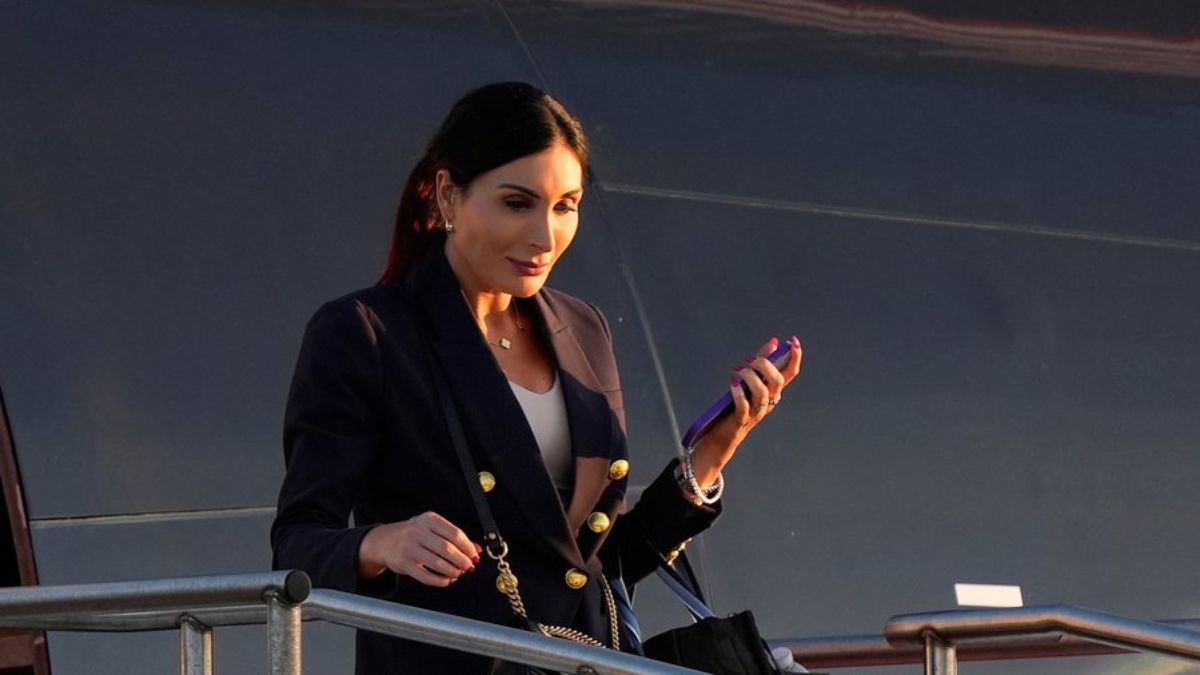The far-right activist Laura Loomer, who is well-known for her provocative social media posts, has been heavily featured in former President Donald Trump’s campaign activities, a decision that has caught many off guard. Loomer, a divisive individual with a track record of using racist, homophobic, and antisemitic remarks, was spotted with Trump at certain recent events, such as the September 11 commemorations and the presidential debate in Philadelphia.
Loomer’s presence with Trump at these high-profile events, including backstage at the debate and on trips to New York City and Shanksville, Pennsylvania, has raised eyebrows among both allies and critics of the former president. Known for her controversial statements and stunts, Loomer has been a figure of contention in political discourse. Her recent posts, including a racist joke about Vice President Kamala Harris, have only added to the controversy surrounding her.
The decision to elevate Loomer at such a crucial juncture in the campaign has surprised even some of Trump’s staunch supporters. Senator Lindsey Graham of South Carolina expressed concern, stating, “The history of this person is just really toxic. I don’t think it’s helpful at all.” Similarly, Representative Marjorie Taylor Greene, a notable Trump supporter, questioned Loomer’s suitability as an advisor for a presidential election.
Despite the criticism, Trump has continued to support Loomer, sharing her posts on social media and defending her role within his campaign. Loomer has taken to her preferred platform, X (formerly Twitter), to attack her critics, including Graham and Greene, while defending her alignment with Trump. Her online presence and outspoken nature have not deterred Trump from embracing her, signaling a deliberate alignment with some of the most controversial elements of the far right.
Trump’s campaign has also assembled a “social media war room” featuring other far-right influencers to counteract criticism and promote his agenda. This group, which includes figures like Chaya Raichik of Libs of TikTok and Jack Posobiec, known for spreading conspiracy theories, reflects Trump’s strategy of mobilizing a highly engaged online base to bolster his campaign.
The involvement of Loomer and her associates is seen by some as a strategic move to solidify Trump’s support among his core base, even if it risks alienating moderate and undecided voters. As the campaign intensifies with the election drawing near, Trump’s focus on far-right voices highlights a broader strategy to energize his base, despite the potential risks of further polarization.
Critics of the former president have noted that Trump’s embrace of figures like Loomer may not be the most effective way to reach the broader electorate. Former Democratic Senator Claire McCaskill sarcastically suggested that Trump should continue his association with Loomer, calling her a “perfect adviser,” reflecting the broader concern about the impact of such alliances on his campaign.
As Trump’s campaign navigates the final stretch before the election, Loomer’s prominent role underscores the increasingly polarized nature of American politics and the challenges of balancing base mobilization with broader appeal.


